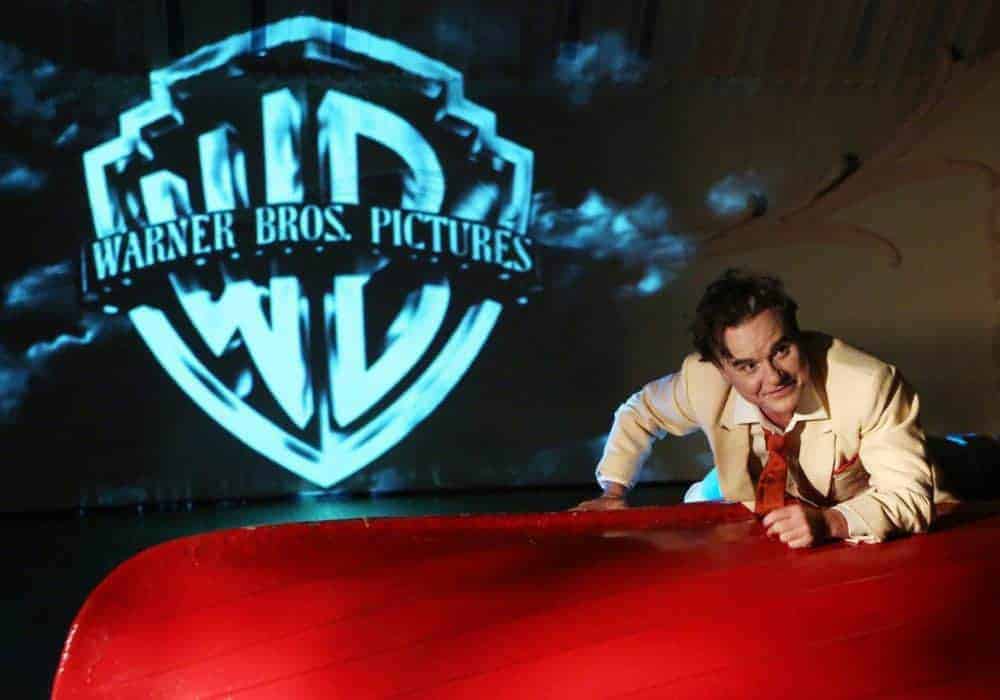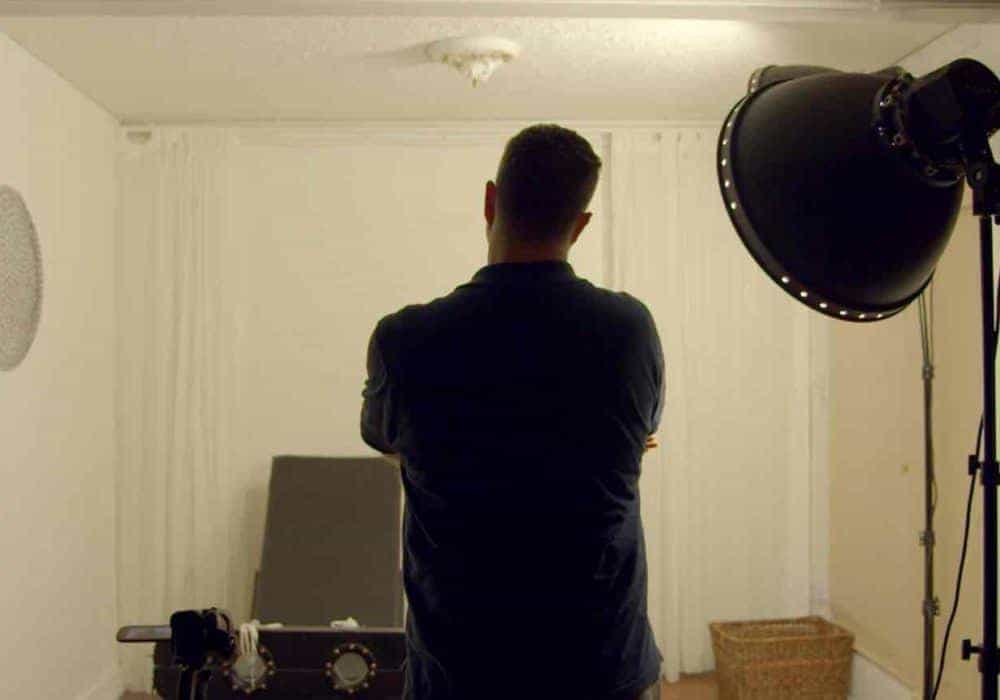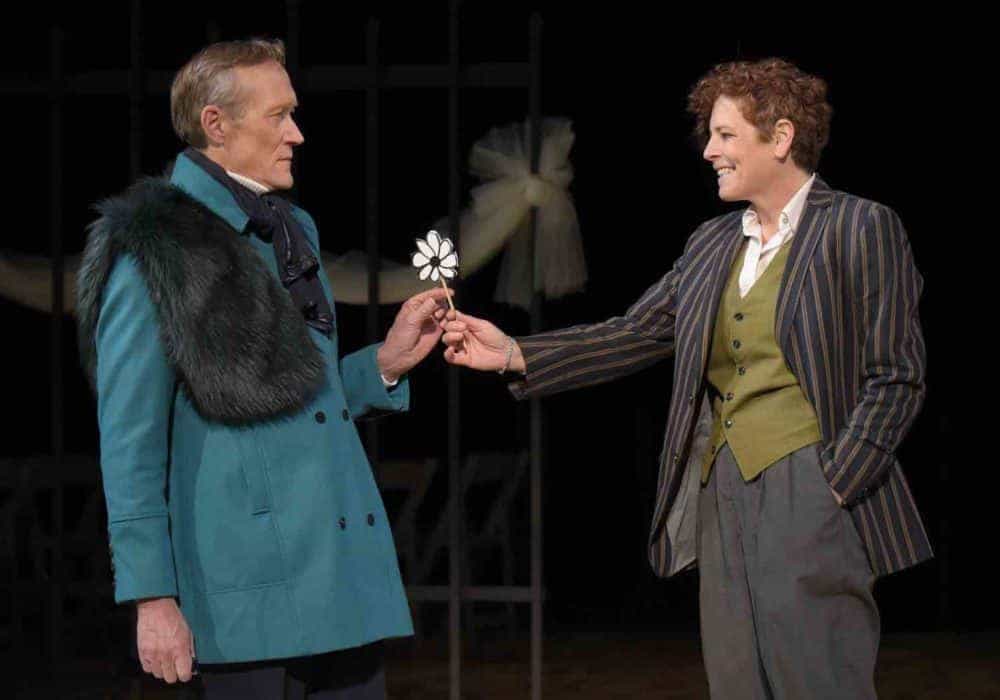Gillian Armstrong’s new documentary, Women He’s Undressed, resurrects the witty and cheeky Orry-Kelly to tell his life story and illuminate the art behind his historic costume designs.
LGBTQ
TIFF16: Below Her Mouth is cringeworthy
Below Her Mouth attempts provocation and frank depictions of lesbian sex, but it forgets the emotion in its love story.
Writer-Director Jenni Olson on her film essay, The Royal Road
Jenni Olson on her 16mm film essay, The Royal Road, a story of unrequited love told through the linear progression of California’s El Camino road.
San Francisco’s Frameline Festival expands understandings of queer cinema
Frameline Festival, San Francisco’s annual LGBTQ film festival showcasing new LGBTQ talent and stories about the LGBTQ community, features much lauded films from the festival circuit.
Director David Farrier discusses his documentary Tickled
Laura Anne Harris talks to David Farrier about using humour and reenactments in documentaries, developing the film’s aesthetic, and homophobia. Read our book about modern documentary cinema, In their own words: Documentary masters.
Much Ado About Nothing is a wonderful season opener for CalShakes’ new artistic director
Despite a rocky start with “additional text” consisting of embarrassingly bad rhyming couplets, director Jackson Gay’s Much Ado About Nothing proves a great night out at the theatre. It’s an unconventional but still hilarious take on one of the Bard’s most accessible plays.





